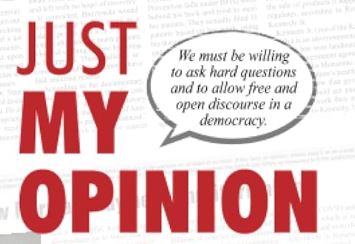In an age overwhelmed by headlines, opinion pieces, and misinformation, accessing accurate, comprehensive, and factual information has become increasingly challenging. Regardless of political affiliation, the stark contradictions and carefully curated narratives presented by various media outlets are hard to ignore. Even more concerning is the extent to which individuals unquestioningly support demonstrably false claims –…


